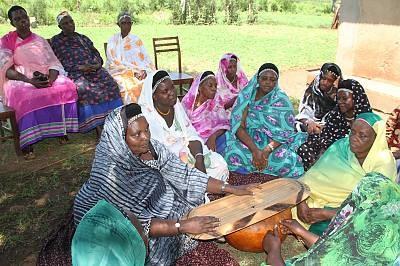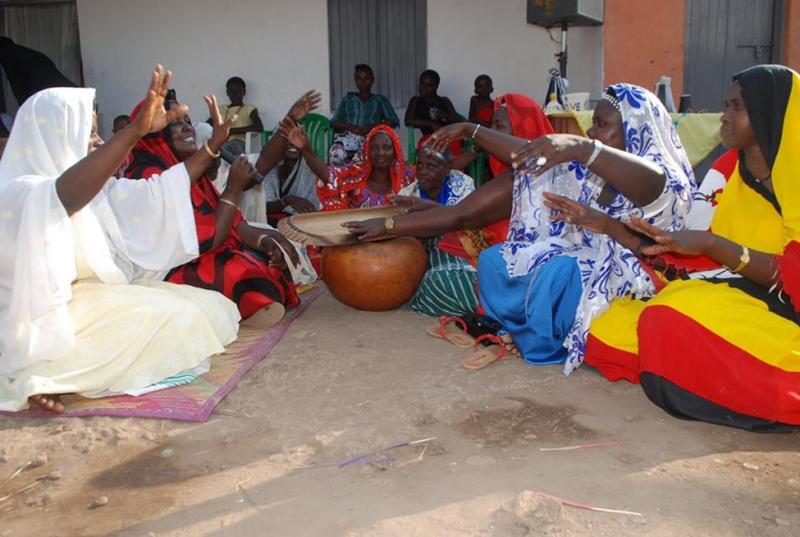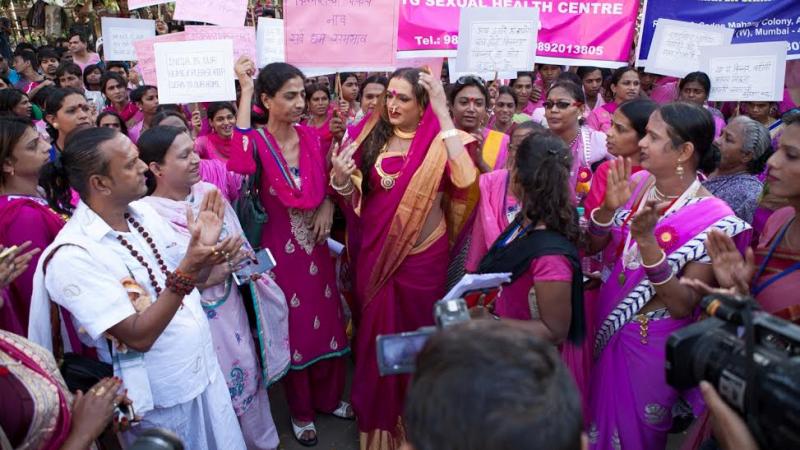Obumu Habwekigendererwa [United for the cause] continues the legacy of Koogere
The story of Koogere
The Kitara Empire once encompassed present-day parts of eastern Uganda, some areas of northern Tanzania and of eastern Democratic Republic of Congo. In this Empire, it is told, a woman named Koogere reigned over the Busongara Chiefdom. It is said that she was an exceptionally wise chief, great leader and entrepreneur who, among other achievements, brought socio-economic prosperity to her communities. The Koogere oral tradition tells the story of Koogere’s leadership, carrying her legacy through generations of the community.
“Busongora bwa Koogere mbere ikamwa niboroga, Amagita gatera amaato, amata geser’ente” (Busongora of Koogere the land of plenty of cattle and abundant dairy products).
Koogere’s Legacy Today

The Koogere Women Empowerment Programme of Engabu Za Tooro (Tooro Youth Platform for Action, EZT) is built around and inspired by this oral tradition. EZT, an AWID member since early 2015, is an indigenous Ugandan organisation founded in 1999 and working with communities in western Uganda. EZT works to strengthen the capacity of these communities, using cultural practices to promote gender equality, the rights of indigenous women and community self-reliance. Their main activities aim to promote grassroots women’s mobilization and leadership; encourage women’s production and marketing in agro-business and cultural enterprises; end domestic violence and promote women’s economic rights.
EZT works through images and film.
Watch a video about the Koogere oral tradition

EZT is accredited to the United Nations Education, Scientific and Cultural Organisation (UNESCO) and is facilitating the nomination for their oral tradition to be inscribed by UNESCO on the world list of intangible cultural heritage during the 10th session of its Intergovernmental Committee for Safeguarding Intangible Heritage. The session will take place from November 30th to December 4th 2015 in Windhoek Namibia during which indigenous women and gender activists will showcase this oral tradition.
“Engabu Za Tooro: Impassioned for social equity and inclusion”
2224x1253.jpg)
